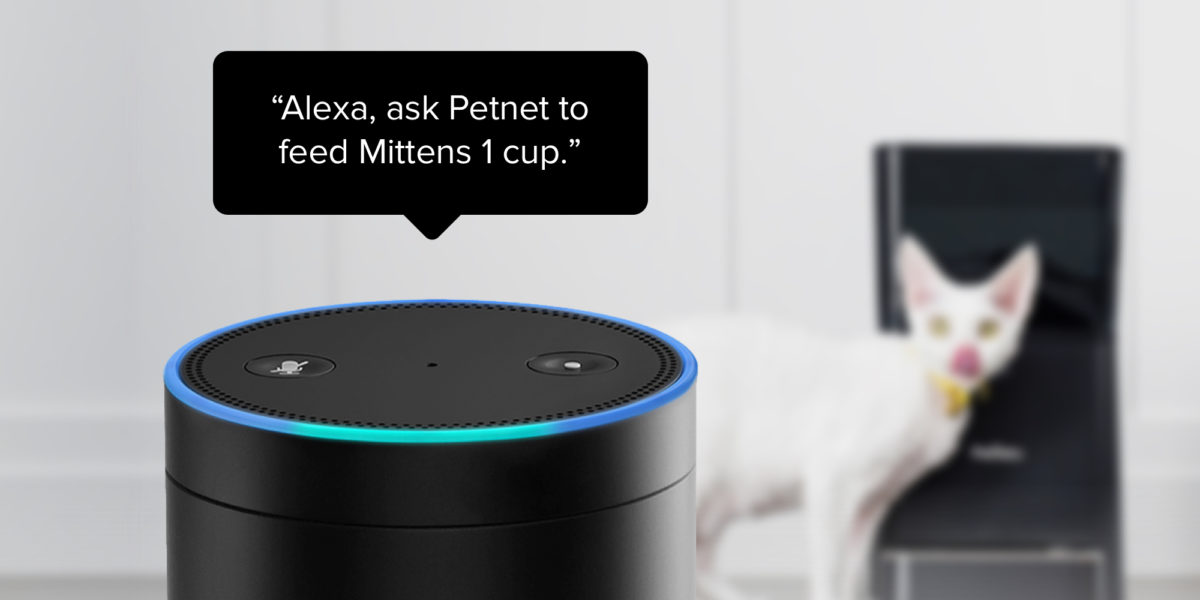In five short years, the smart home assistant has grown from a niche idea championed by futurists to a concept with mainstream appeal. Through the new medium of Ai powered voice, this has the potential to revolutionize our relationship with technology.
It also has the potential to revolutionize our relationship with brands. But exactly what would that relationship look like? The truth is, it’s too early to give any definitive answers within a still experimental space. A quick look at the two dominating voice assistant’s brands might give us a good indication though.
The services offered by Alexa and Google Home are ultimately the same; voice buying, asking for information, controlling appliances. The differences emerge when you look at how these services are offered. This is predominantly defined by brand.
Google’s offer revolves around the core mission “to organize the world’s information and make it universally accessible and useful”. Across interactions, Google Home works on the principle that a user interaction is all about sharing information. This can be seen across its communications, which focuses on moments where it can provide the most effective data for any given moment.
On the other hand, Amazon’s Alexa focuses as the go-to hub for transaction and consumption. Charged with a vision of becoming “Earth’s most customer-centric company”, this makes complete sense for Amazon. The Echo excels in ordering products, household supplies and as a gateway to enabling custom with other services.
The nuances in service delivery is where brand demonstrates its value. As a result, brand choice has become a question of the sort of life you want. Do you want a life where your consumption is more effective and personal, or one where you are able to process information efficiently?
We are also, however, seeing brand as a hindrance to voice assistant technology. Apple’s long touted ‘walled garden’ has gone from being a useful way of offering technological simplicity to a barrier in the smart home space. It’s refusal to integrate Spotify or third party purchases with Home Pod means Siri can’t meet consumers’ needs.
As the smart home becomes an increasingly important part of the way we live, brand is playing a role in the way these interactions are framed. Brands can only carve out a relevant space within the market by considering how their values apply to people’s lifestyles. In order to enter the fray, a brand must consider exactly how it will interact with consumers meaningfully and empower a compelling way of life.
So how will brands take advantage of this as more smart speakers emerge (e.g. the Sonos One), that offer multiple smart assistants in the same device? Will a new competitor enter the fray and build a new type of voice assistant brand? More importantly, how can other brands take advantage of the format’s platform through apps?
Hearst, the publisher of Elle, Esquire and more, have made their first move by creating bespoke voice content to best take advantage of the platform. From daily motivational quotes read by Oprah to apps designed to help discuss and navigate the world of beauty products, the magazine giant is using voice to create interactions publishers have never had the chance to create before. Whether they will work or not is yet to be seen.
The role of voice is still up for debate. What we can say is it can be a great platform; as long as brands genuinely think about the way they can add purposeful value to what they provide through voice. Smart homes will enable brands to fight to be a part of the daily routine. In the words of Hearst’s executive director of emerging technology “This is quickly becoming meaningful”.


